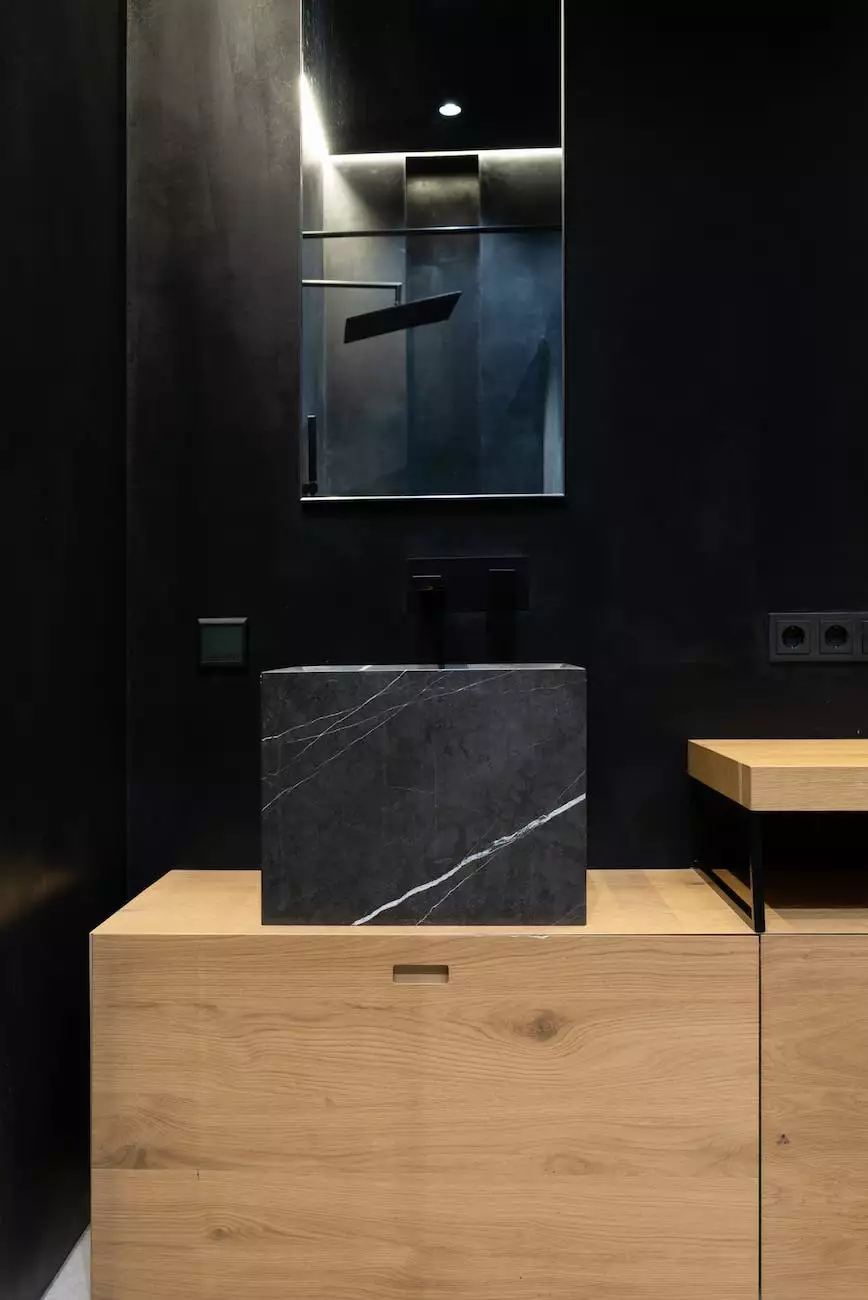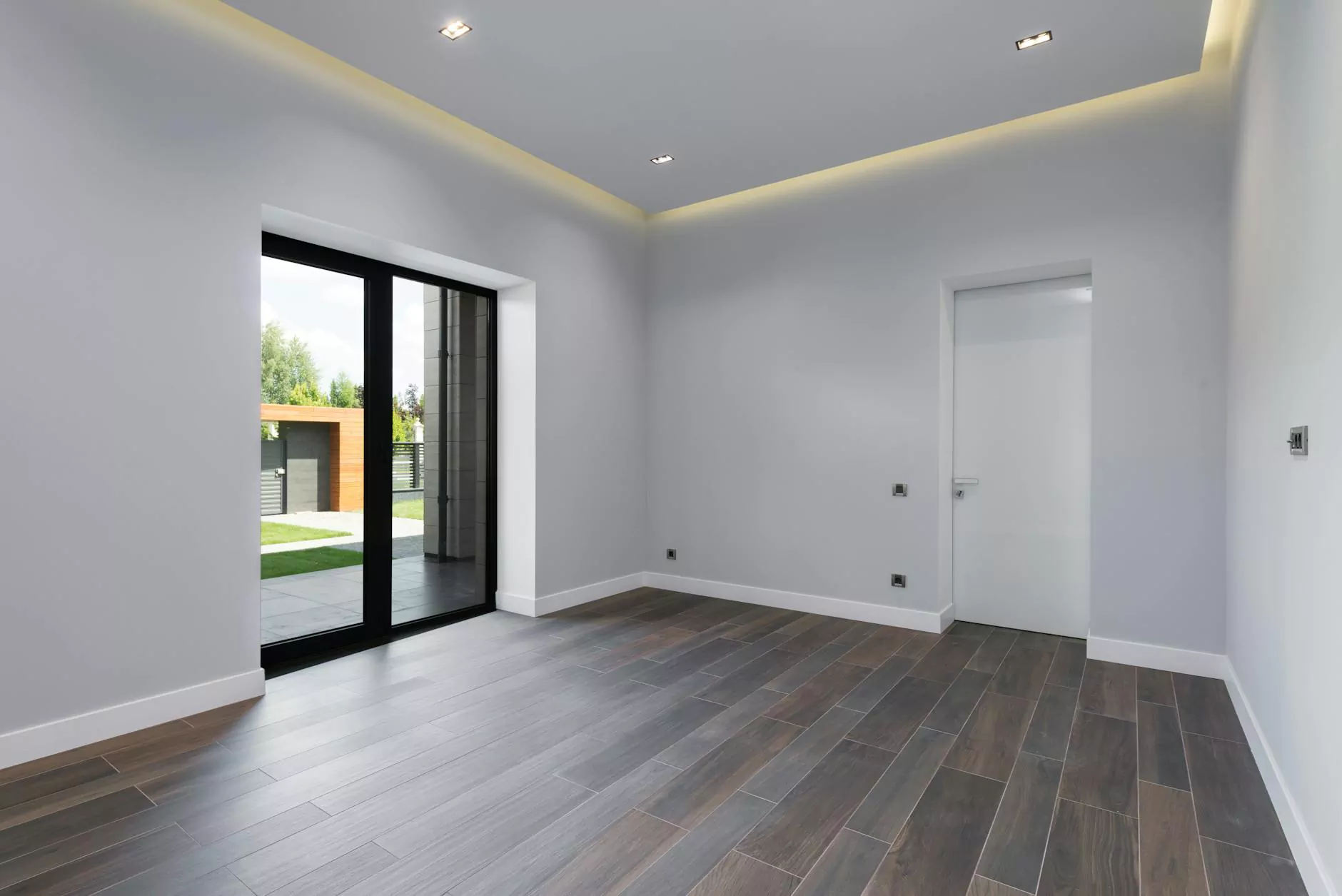Recourse vs. Non-Recourse - Apartment/Multifamily Loans
Blog
Welcome to H2 Buy Suite LLC - a trusted name in the business and consumer services industry, specifically real estate. In this comprehensive guide, we will provide you with detailed insights into the differences between recourse and non-recourse apartment/multifamily loans. Understanding these loan types is crucial for investors and property owners, as it directly impacts their financial liability and risk factors.
Relevance of Loan Recourse in Real Estate Investment
Recourse loans are a common financing option for apartment/multifamily properties, and they involve personal liability for the borrower. With a recourse loan, in the event of default, the lender can hold the borrower personally responsible for the outstanding balance. This means that the lender has the right to pursue the borrower's personal assets to recover the debt.
This type of loan can be advantageous for lenders as it provides an additional layer of security. However, it also exposes borrowers to higher levels of risk, as they carry personal liability. Investors and property owners considering recourse loans must carefully evaluate their financial capacity and risk tolerance before committing to such loans.
The Advantages of Recourse Loans
Despite the potential risks, recourse loans have certain benefits that make them attractive to investors. These advantages include:
- Lower Interest Rates: Recourse loans often come with lower interest rates compared to non-recourse loans. Lenders offer competitive terms due to the reduced risk they face, resulting in potentially significant cost savings for borrowers.
- Flexibility in Loan Terms: Lenders tend to provide more flexibility in terms and conditions for recourse loans. This allows borrowers to customize the loan to better suit their specific needs and investment strategies.
- Higher Loan-to-Value Ratios: Recourse loans typically offer higher loan-to-value (LTV) ratios, allowing borrowers to finance a larger portion of their property's purchase price. This can be especially valuable for investors looking to maximize their leverage.
The Disadvantages of Recourse Loans
While recourse loans offer benefits, it is crucial to consider their potential disadvantages as well. These disadvantages include:
- Personal Liability: Borrowers are personally liable for recourse loans, which means their personal assets are at risk if there is a default. This can create significant financial stress and could potentially lead to the loss of personal assets in extreme cases.
- Increased Risk: Recourse loans expose borrowers to higher levels of risk compared to non-recourse loans. Borrowers must carefully evaluate their financial capability and risk tolerance before opting for a recourse loan.
- Risk of Personal Bankruptcy: In the unfortunate event of loan default, borrowers with personal liability face the risk of personal bankruptcy. This can have lasting consequences on their financial situation and creditworthiness.
Understanding Non-Recourse Loans for Apartment/Multifamily Properties
Non-recourse loans offer an alternative to borrowers who want to minimize their personal liability in real estate investments. In such loans, the lender's sole remedy in case of default is limited to the property itself.
Investors opting for non-recourse loans typically enjoy a higher level of protection since their liability is restricted to the collateralized property. If the property value is insufficient to repay the loan, the lender generally bears the loss without recourse to the borrower's personal assets.
The Advantages of Non-Recourse Loans
Non-recourse loans bring several advantages that make them an appealing option for many apartment/multifamily property investors. These advantages include:
- Limited Personal Liability: The primary advantage is that non-recourse loans limit personal liability to the property itself, ensuring that other personal assets remain protected in the event of default.
- Asset Protection: By opting for a non-recourse loan, investors have increased protection for their personal assets, shielding them from potential losses associated with loan defaults.
- Lower Personal Risk: Non-recourse loans reduce personal risk, allowing investors to preserve their personal financial stability and avoid potential bankruptcy due to real estate investment setbacks.
The Disadvantages of Non-Recourse Loans
Non-recourse loans also come with certain drawbacks that should be considered before making a final decision. These disadvantages include:
- Higher Interest Rates: Non-recourse loans are often associated with higher interest rates compared to recourse loans. Lenders adjust the rates to compensate for the reduced risk they face, potentially leading to increased borrowing costs over the loan's term.
- Stricter Loan Approval Criteria: Lenders typically have more rigorous requirements for non-recourse loans, including higher credit scores, stronger financials, and more thorough property evaluations. This means borrowers need to meet more stringent eligibility criteria to secure a non-recourse loan.
- Limited Loan-to-Value Ratios: Non-recourse loans may come with lower loan-to-value ratios, resulting in borrowers needing to make a larger down payment to secure the desired loan amount.
Choosing the Right Loan Type for Your Apartment/Multifamily Investment
Deciding between recourse and non-recourse loans requires careful evaluation of your investment goals, financial situation, and risk tolerance. Each loan type carries its own set of advantages and disadvantages, making it essential for investors to consider these factors before making a final decision.
Working with a reputable and experienced lender, such as H2 Buy Suite LLC, can provide valuable guidance and insights to help you select the most suitable loan type for your apartment/multifamily investment. Our knowledgeable team is dedicated to assisting investors in making informed decisions and securing the best financing options available.
Conclusion
Recourse and non-recourse loans represent two distinct paths in the realm of apartment/multifamily financing. Understanding the fundamental differences between these loan types is crucial for investors looking to maximize their returns while minimizing their financial liability.
At H2 Buy Suite LLC, we aim to empower real estate investors by providing comprehensive information on various loan types and helping you navigate the complexities of the financing landscape. Contact us today to learn more about recourse and non-recourse apartment/multifamily loans and how we can assist you in achieving your investment goals.










